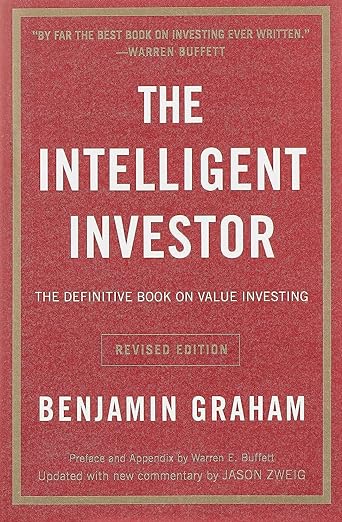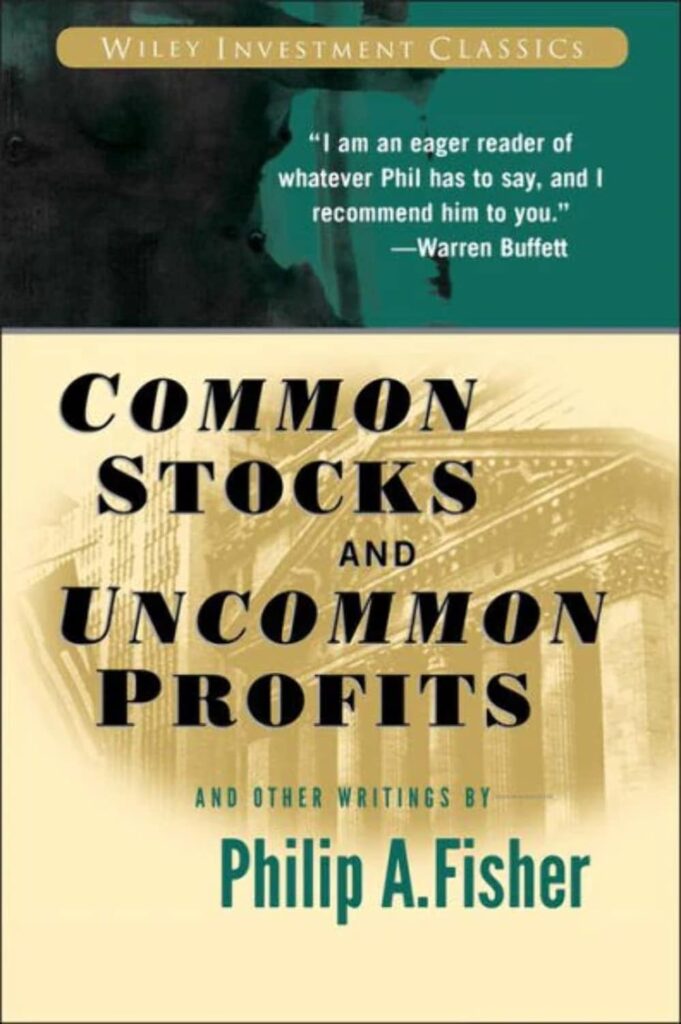Stock markets plunging? Should you panic?
“Fear is the foe of the faddist, but the friend of the fundamentalist.” – Warren Buffett
So the global stock markets, led by the US, are plunging.
On August 1 and 2, 2024, Wall Street took a big hit. On August 2 (Friday itself), the Dow Jones Industrial Average dived some 610 points, or 1.5 per cent to end at 39,737.26. This was after an intra-day fall of as many as 989 points. The Nasdaq plummeted some 417 points or 2.4 per cent to 16,776.16 and the S&P 500 plunged over 100 points or 1.8 per cent to 5,346.56.
So what was behind the bloodbath, which also led to a rout on Asian markets?
Two factors were widely cited: weaker-than-expected July jobs report and the fear that tech stocks had run far ahead of fundamentals.
Is this time to panic? Not for the value investors who have done their homework whether in buying or selling.
Does the plunge remind you of Mr Market?
Legendary investor Warren Buffett, the Sage of Omaha and the chairman of Berkshire Hathaway, once called Mr Market the “Drunken Psycho”. Aspiring value investors need to know who Mr Market is to understand why Warren Bufftett, the best known student of Benjamin Graham, called him a Drunken Psycho. Warren Buffett also called Mr Market the poor fellow with incurable emotional problems. The term Mr Market was coined by Benjamin Graham, the father of value investing and the author of The Intelligent Investor.
One takeaway lesson from Benjamin Graham in The Intelligent Investor is: “Basically, price fluctuations have only one significant meaning for the true investor. They provide him with an opportunity to buy wisely when prices fall sharply and to sell wisely when they advance a great deal. At other times he would be better off if he forgets about the stock market and pays attention to his dividend returns and to the operating results of his companies.”
Warren Buffett once said he is “85% (Benjamin) Graham and 15% (Philip) Fisher”. American stock investor Philip Arthur Fisher (September 8, 1907 – March 11, 2004) was best known as the author of the investment guide book known as Common Stocks and Uncommon Profits. The book has the reputation of staying in print since it first published in 1958.
Here is what Philip Fisher once said in “Don’t be afraid of buying on a war scare”. In the current context, we are talking about the bear charge in global stock markets.
“War is always bearish on money. To sell stock at the threatened or actual outbreak of hostilities so as to get into cash is extreme financial lunacy. Actually just the opposite should be done,”said Philip Fisher.
“If an investor has about decided to buy a particular common stock and the arrival of a full-blown war scare starts knocking down the price, he should ignore the scare psychology of the moment and definitely begin buying. This is the time when having surplus cash for investment becomes least, not most, desirable…
“If war actually breaks out, the price would undoubtedly go still lower, perhaps a lot lower. Therefore the thing to do is to buy but buy slowly and at a scale down on just a threat of war. If war occurs, then increase the tempo of buying significantly. Just be sure to buy into companies with products or services the demand for which will continue in wartime, or which can convert their facilities to wartime operations.”
Here is what value investor Warren Buffett has been saying consistently but in different ways:
“A climate of fear is your friend when investing; a euphoric world is your enemy.”
In his FY2023 letter to Berkshire Hathaway shareholders, Warren Buffett said: “Though the stock market is massively larger than it was in our early years, today’s active participants are neither more emotionally stable nor better taught than when I was in school.
“For whatever reasons, markets now exhibit far more casino-like behavior than they did when I was young. The casino now resides in many homes and daily tempts the occupants.”

